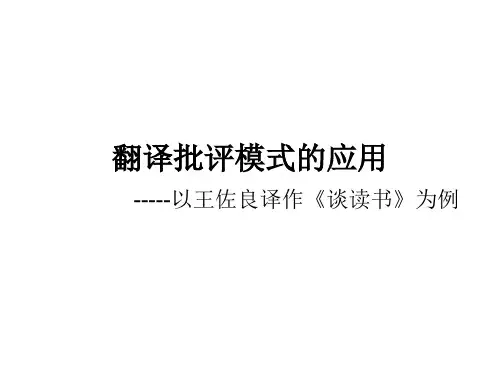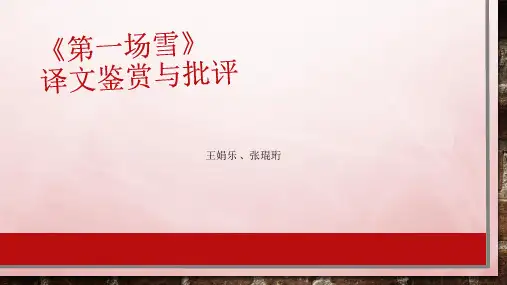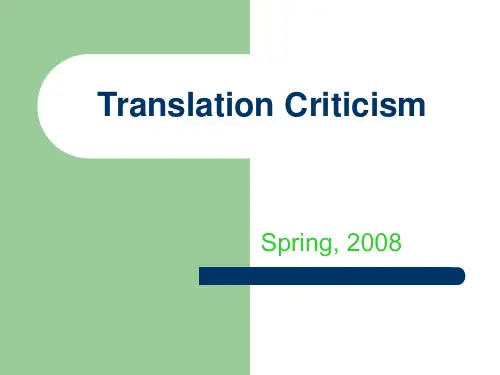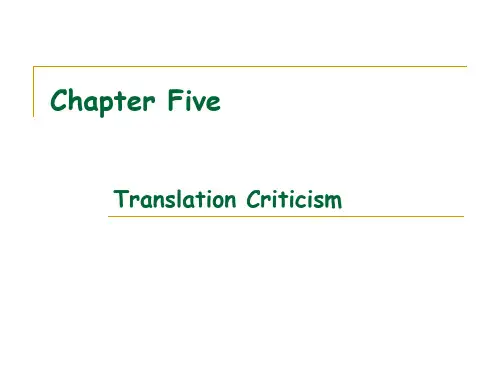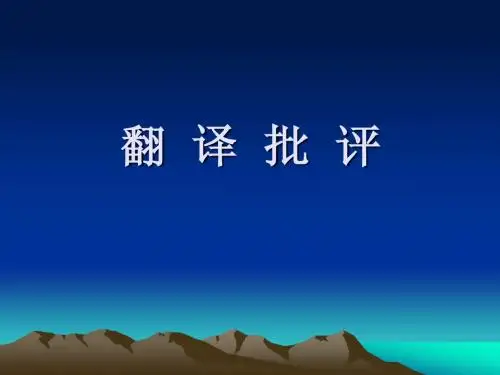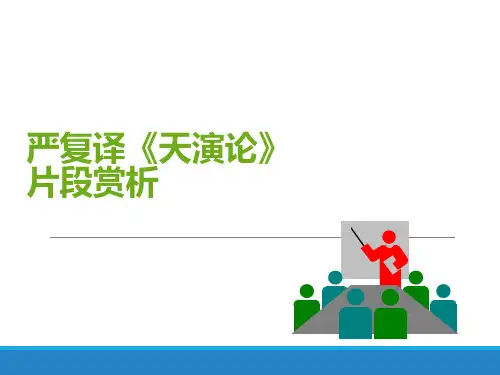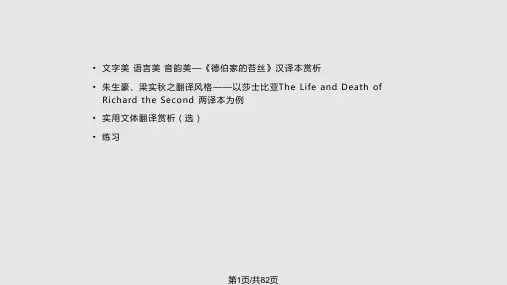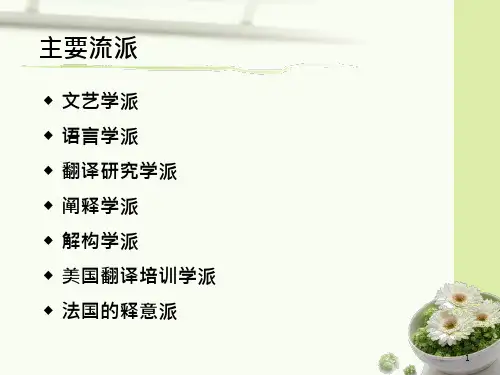(d) Translation criticism is possible only by persons who are familiar with both the target and source languages, and is accordingly in a position to compare the translation directly with its original. In brief, translation criticism requires a comparison of the target and source texts. (Reiss, 2004:2-3)
On the one hand, the differences cited conventionally between the two forms of evaluation hold true for translations as well: the reviewer alerts a reader to new books, describing them and passing judgment as to whether they are worth reading and buying; the critic addresses books that may or may not be new, considering them in detail and usually assuming a reader’s familiarity with them. On the other hand, neither the reviewing nor the criticism of literary translation has developed fully as an art ---- unlike the reviewing and criticism of literature. This can be explained only in part by the multiple difficulties presented by any attempt to analyze and pass judgment fairly on creative activity. The general lack of value associated with translation in the West has undoubtedly been an additional factor and an equally determinant one. (Maier, 1998:205)
